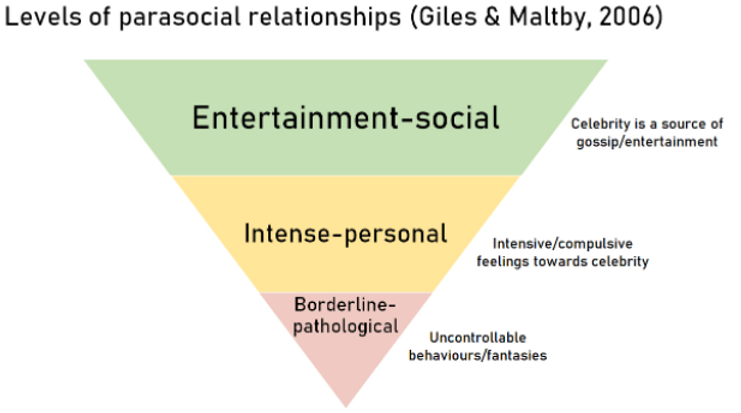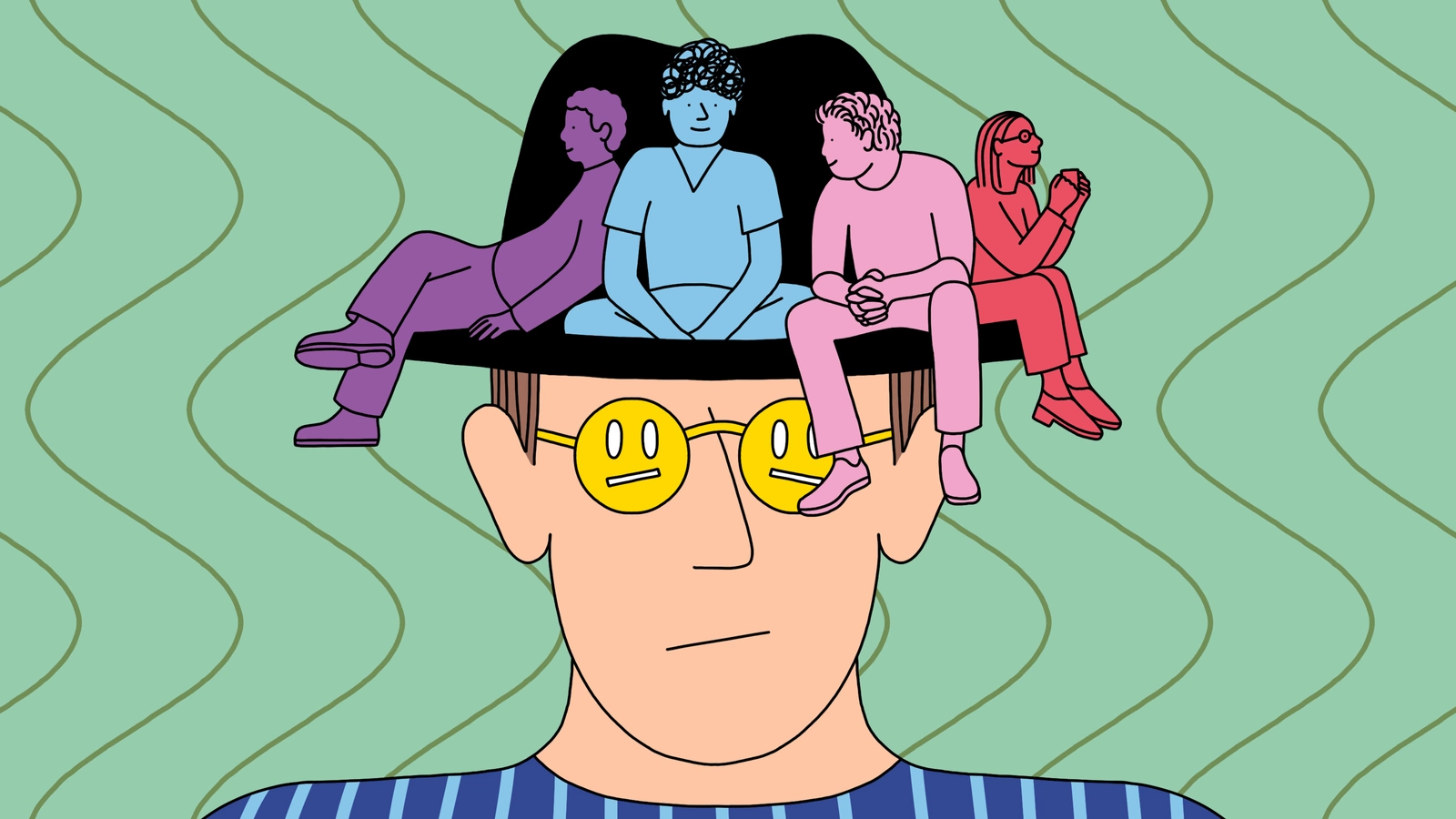By Amalia Theocharidou,
How many times have we liked an Instagram post of an influencer, screenshotted the story of a singer or googled the habits of an actor? How often have we called dibs on a celebrity we have just discovered? Those very familiar “celebrity crushes” have evolved nowadays to the point of causing a new neurological condition, called “parasocial relationship”. To many, it may seem normal to know your idol’s favorite song or meal or to look into their family background, but psychologists warn over the new blight taking over like a storm. What is the condition’s strong point? It is undetectable and considered normal in most cases.
But what exactly is a parasocial relationship? In the words of the National Register of Health Services Psychologist, “a parasocial relationship is a one-sided relationship formed when one party extends energy, interest, and time and the other person doesn’t know they exist”. The term finds its roots back in the ‘50s, at the prime time of classic television as a group of researchers noted the changes in the relationships between the audience and the stars of television programs. The key factor in those types of relationships is the supposed intimacy the person feels with the celebrity that leads them to consider them as a friend or a romantic partner.

Parasocial relationships are believed to be healthy at a general call as they’re used as a source of communication and even as a remedy to depression for some people. But the line disaggregating interest from obsession is very thin and sometimes invisible. It is often observed that people tend to trust their favorite celebrity more than themselves, overlook their opinion and isolate themselves from the outside world in order to spend more time “engaging” with the famous person. Those delusions can being oneself to a critical condition, judging from obscure incidents such as the stalker who claimed to be married and have birthed the child of Leonardo DiCaprio or the man who planned to abduct Jennifer Aniston (AKHAURI, 2022).
As dangerous as those relationships can be they are often used as a marketing strategy in order to attract a greater audience. The celebrities are trying to provide a so-called special bond with the purpose of making the person feel the intimacy and family-like bond. This approach has been enabled with the use of social media, as the celebrities tend to overuse the words “us” and “you” for directing their messages. Covid-19 played a crucial role in the scheme, as the lockdown allowed the famous people to project their daily life in a more conversational way, allowing the fans to interact more with them.
Overall, the parasocial relationships can be beneficial as an antidote to isolation but it can also be the cause of it. As our epoch is one of the most technological ones, it is only a matter of consciousness to understand how much power the “likes” and “reposts” truly hold and to what extent you can love a person who has no clue of your mere existence.
References
-
AKHAURI, T. (2022, July 18). Famous Celebrities With Terrifying Stalker Stories. thelist.com. Available here
-
Christie Tan, V. K. (2022, April 18). Getting Real With Parasocial Relationships. simplyneuroscience.org. Available here




